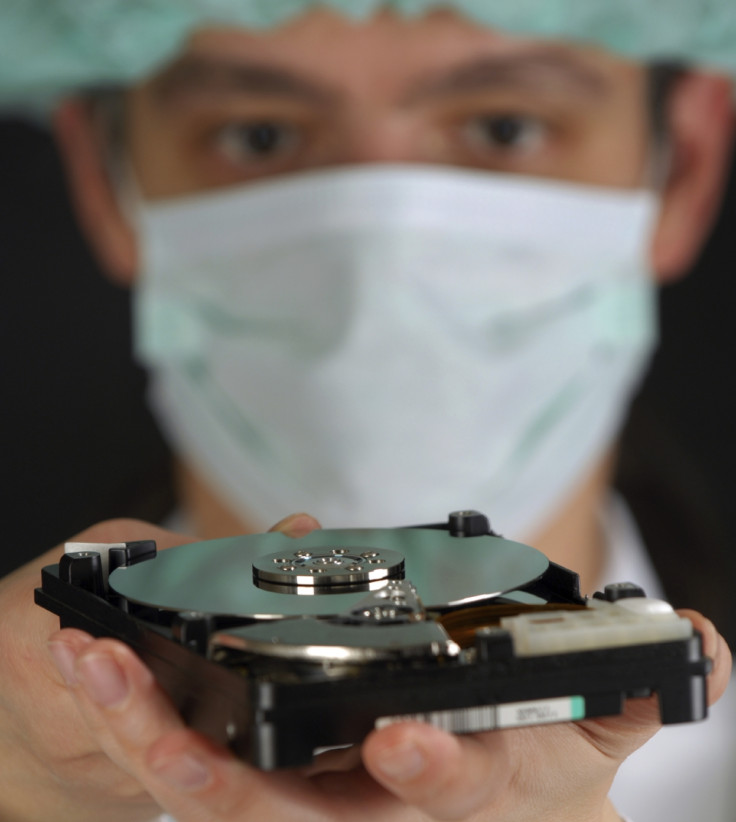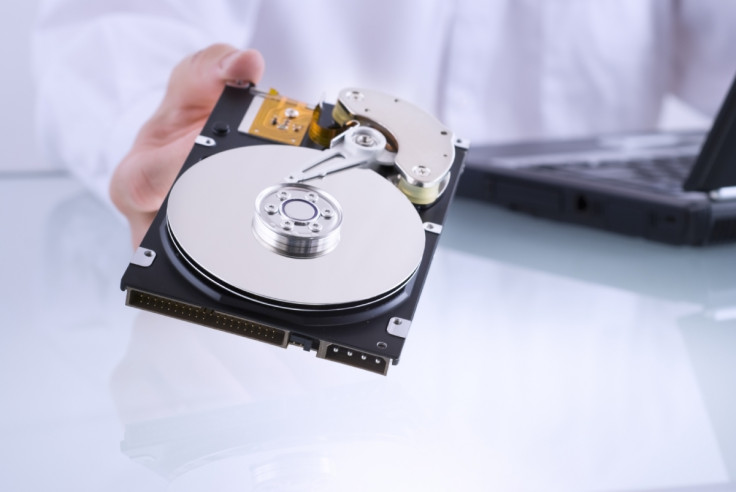The secret to speeding up a slow computer? Sing to it, according to researchers

This might sound a little off-key, but scientists have discovered the secret to giving your computer super speed may be 'singing' to it – using sound waves, not your best karaoke rendition. The tuneful answer to faster processing in the future was devised by researchers at Sheffield and Leeds universities, who found that certain types of sound waves can transport data quickly using minimal power.
They used sound waves in the form of acoustic waves – the same destructive wave produced by an earthquake – and passed them along the fixed nano wires of a hard disk where data flowed through. They found that when they 'played' these sound waves the data would move in a certain direction depending on the pitch.
The study was reported by Science Daily and it is an idea that sounds like music to our ears, as we all know the pain of an achingly slow computer. In the quest to constantly develop new ways to make technology faster this is one of the strangest ideas yet, with the scientists effectively singing to data to move it.
"The key advantage of surface acoustic waves in this application is their ability to travel up to several centimetres without decaying, which at the nano-scale is a huge distance. Because of this, we think a single sound wave could be used to "sing" to large numbers of nanowires simultaneously, enabling us to move a lot of data using very little power. We're now aiming to create prototype devices in which this concept can be fully tested," said Dr Tom Hayward, Sheffield University Faculty of Engineering.

The data stored on a typical hard disk drive consists of moving parts that scan over the disk's surface to read data – in a similar fashion to a vinyl record player, except this is done magnetically. It's this movement of parts that causes the limitations of speedy reading. The development of solid state hard disk drives helped solve this problem as it stores data electronically rather than magnetically and moves the data itself, rather than parts. However, they are still relatively expensive, especially for large capacity storage.
A magnetic solid-state drive could be the ultimate solution and this is the first time surface acoustic sound waves have been used on a data storage system. It is estimated there are 2.7 zettabytes of data around the world and most of it is stored on magnetic hard disk drives. To put that in perspective one zettabyte is equal to a billion terabytes. To deliver a cost-effective, low-power solution that boosts the speed of our computing we're all ears, however a date for use for when consumers will be able to reap the rewards was not mentioned in the study.
© Copyright IBTimes 2025. All rights reserved.






















